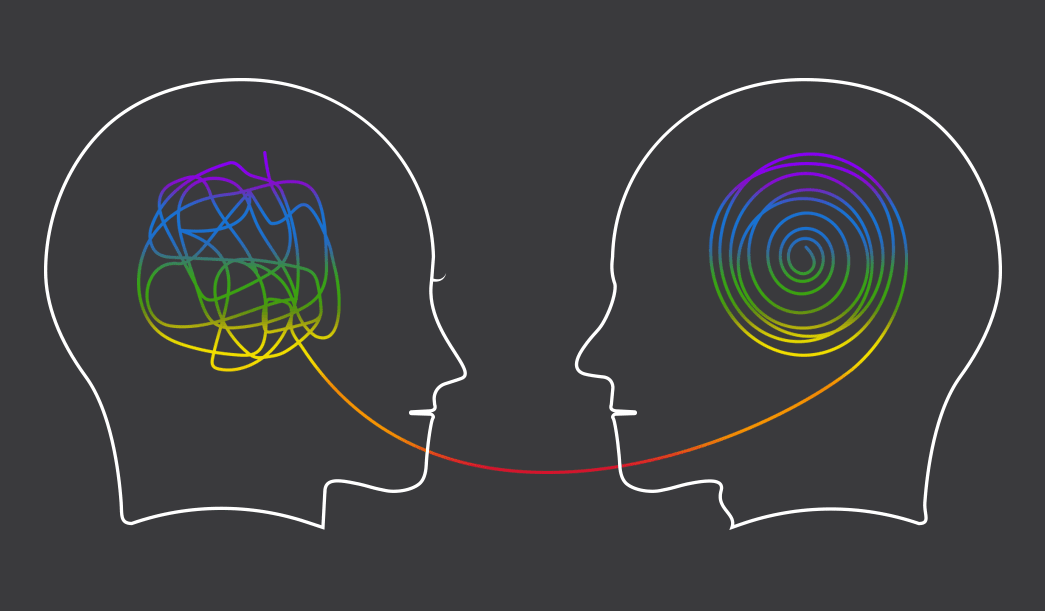Psychoanalysis

- 24 Apr 2024
Why is it in the News?
Sudhir Kakar, a pioneering Indian psychoanalyst, author, and cultural critic, passed away on Monday at the age of 85.
What is Psychoanalysis?
- Psychoanalysis is a set of psychological theories and therapeutic methods that focus on the unconscious mind, as well as the role of repressed emotions and desires in shaping behavior and mental health.
- Developed by Sigmund Freud in the late 19th and early 20th centuries, psychoanalysis is based on the idea that many of our thoughts, feelings, and actions are influenced by unconscious motives and conflicts, often rooted in childhood experiences.
- Psychoanalysis has three core components:
- A method of investigation of the mind and the way one thinks.
- A systematized set of theories about human behavior.
- A method of treatment for psychological and emotional issues.
- Key concepts in psychoanalysis include the id, ego, and superego (the structural model of the psyche), the Oedipus complex, defense mechanisms (such as repression, denial, and projection), and dream interpretation.
- During psychoanalysis therapy, a patient works closely with a therapist to explore and understand unconscious thoughts and feelings, often by discussing dreams, memories, and other experiences.
- The goal is to bring repressed emotions to the surface and address any underlying conflicts in order to alleviate mental distress and improve overall well-being.
- While psychoanalysis has had a significant influence on psychology and mental health treatment, it remains a controversial approach due to its lack of scientific rigor and emphasis on subjective interpretation.
- Nevertheless, many of its concepts have been adapted or integrated into other forms of therapy, and psychoanalysis remains an important part of the history and development of psychology.
Significance:
- It has profoundly impacted the fields of psychology and mental health treatment, as well as culture, literature, and the arts. Its significance can be understood through the following points:
- Foundational Role: Psychoanalysis provided a groundbreaking approach to understanding the human mind and behavior, shifting the focus from conscious experiences to unconscious mental processes.
- Influence on Psychology: Many concepts introduced by psychoanalysis, such as the unconscious mind, defense mechanisms, and the influence of early childhood experiences, have been adopted and adapted by various schools of psychology, including cognitive-behavioral, humanistic, and psychodynamic approaches.
- Therapeutic Approach: Psychoanalysis revolutionized the way mental health issues were treated, moving away from a purely medical model and emphasizing the importance of talking therapy in addressing psychological problems.
- Cultural Impact: The ideas of psychoanalysis have permeated culture, literature, and the arts, influencing our understanding of human motivations, relationships, and emotions. Concepts like Freudian slips, dream interpretation, and the Oedipus complex have become part of everyday language.
- Interdisciplinary Applications: The principles of psychoanalysis have been applied in fields beyond psychology, including sociology, anthropology, literature, and film studies.
- Despite criticisms and revisions, psychoanalysis remains a significant and influential theory that has shaped our understanding of the human mind and behavior.
- It continues to contribute to the development of psychological theories and therapeutic approaches, enriching our comprehension of mental health and human nature.
